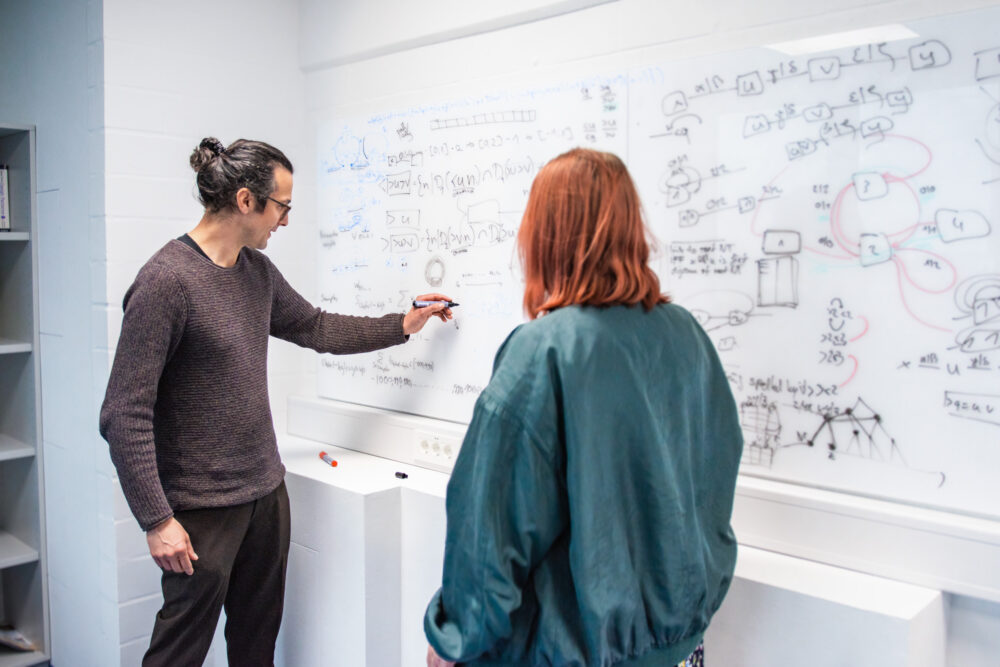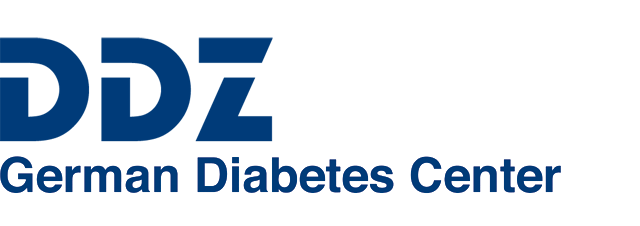
Bioinformatics methods development for the study of diabetes mellitus
The Paul Langerhans Group Computational Diabetology develops bioinformatics methods for analyzing molecular high-throughput data in the context of diabetes research.
We address computational challenges arising from large-scale and heterogeneous data, integrating multi-omics and clinical datasets to improve our understanding of metabolic dysfunctions and their relationship with cardiovascular diseases. We develop pangenome-based approaches to study disease-related genetic variations, particularly in complex loci relevant to diabetes. Our work also extends to modeling epigenetic gene regulation and investigating structural genomic variations to reconstruct mutation histories. At the same time, we support all research groups of the DDZ in applying bioinformatics methods for data analysis.
The Paul Langerhans Group Computational Diabetology is part of the Department of Endocrinology and Diabetology at the University Hospital Düsseldorf and the Medical Faculty of Heinrich Heine University and is called Algorithms of Cardiometabolic Fluxomics.
Team
Jun-Prof. Dr. rer. nat. Daniel Dörr
Head
Paul-Langerhans-Group Computational Diabetology
+49 211 3382-301
Cooperations
- Human Pangenome Reference Consortium
- University of Virginia, Charlottesville, US: Prof. K. Walsh, Prof. C. Miller
Project Funding
- German Cancer Aid (DKH, 70115645)
Teaching activities at Heinrich Heine University Düsseldorf
- Introduction to Medical Data Analysis
- Bioinformatics Training
- Computational Multiomics
- Algorithms in Comparative Genomics
Selected Publications
There are currently no publications listed
